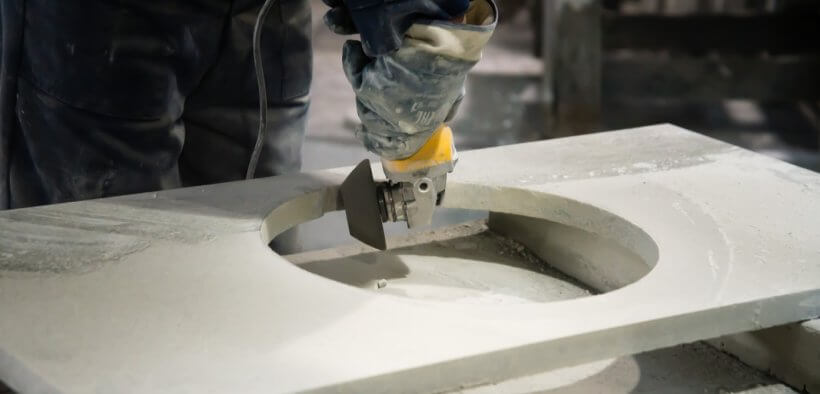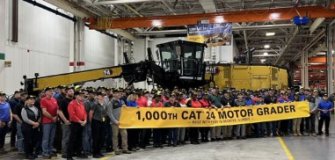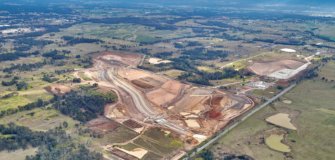Urgent Action Needed on Silicosis
Martin Sinclair Jan 23

In December, Department of Employment and Workplace Relations Minister, Tony Burke, spoke in Parliament about the need for urgent action on the Silicosis epidemic in Australia.
In its second reading, the amendment to the Government’s Bill would be expanded to include negligence as a fault element in workplace incidents, Burke said “it was unacceptable that Australians faced the occupational hazard of the potentially fatal lung disease”. He later added, the bar for conviction where negligence was a factor in workplace incidents was “currently set way too high”.
“This change means that both reckless and grossly negligent employers who expose workers to serious risks will face the most serious consequences and penalties,” he said.
He said prohibiting such insurance forced businesses to take their work health and safety duties more seriously.
“No longer will a statutory penalty be just another line on a balance sheet that an employer can recover from their insurance while a family member has lost a loved one in a workplace fatality,” Burke said.
This follows a promise in November, where a spokesperson for the Ministry announced an intention to discuss silicosis at a meeting of state work health and safety ministers in the new year, including discussing calls to ban engineered stone with high-silica content.
“The government will continue to work with unions to address health issues that arise from exposure to silica dust,” they said.
CFMEU calls for outright ban
The CFMEU announced in November that if the federal government did not ban production, importation and use of the material by July 2024, it would ban its members from handling it.
CFMEU national secretary Zach Smith said the severity of the action the union was willing to take reflected the severity of the risk to its members. “This product is killing workers and the reality is Australian workers will keep dying unless we ban engineered stone,” he said.
According to a 2021 report by the government’s National Dust Disease Taskforce, nearly one in four workers exposed to silica dust from engineered stone before 2018 have been diagnosed with silicosis.
The Association is aware of the prevalence of engineered stone among its customer groups and is currently working with stakeholders to provide up-to-date guidance on handling material containing silica when hiring cutting tools.










